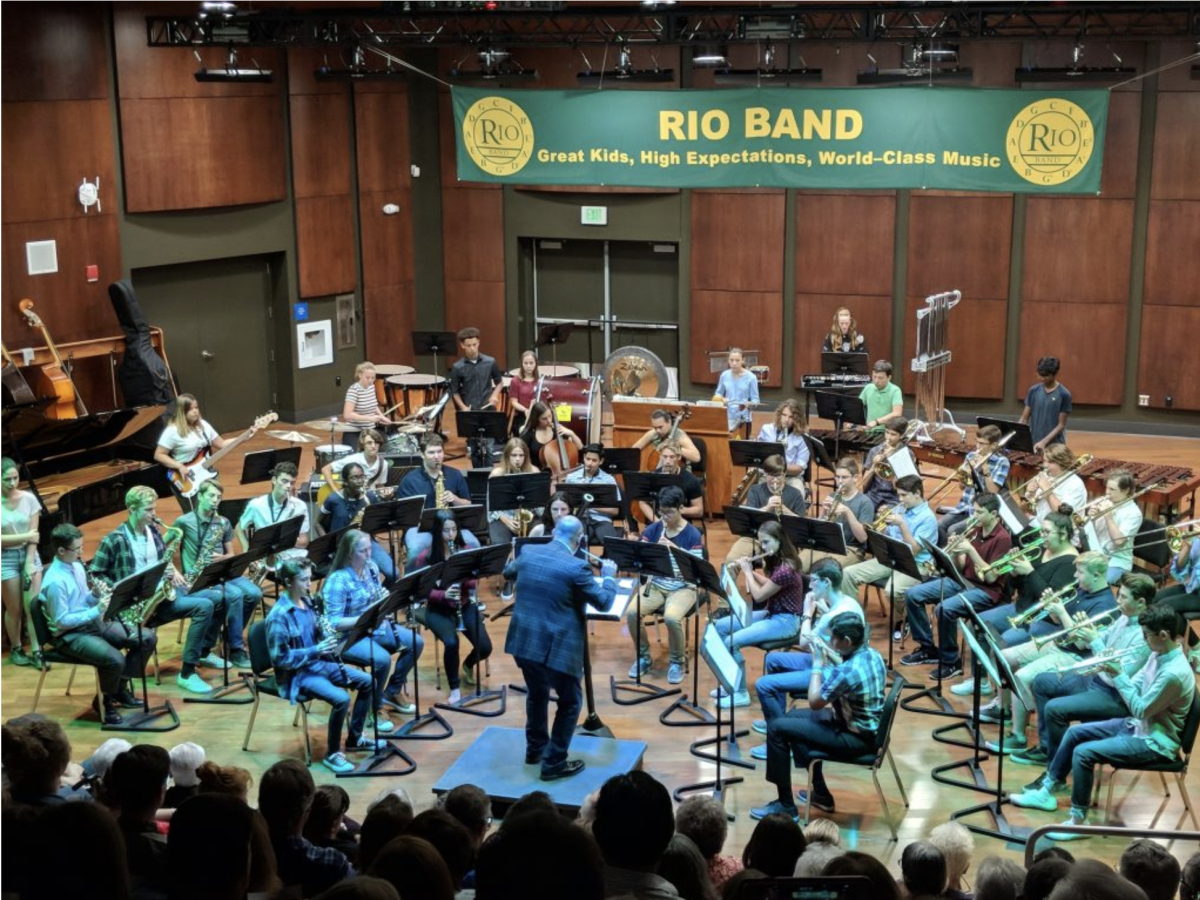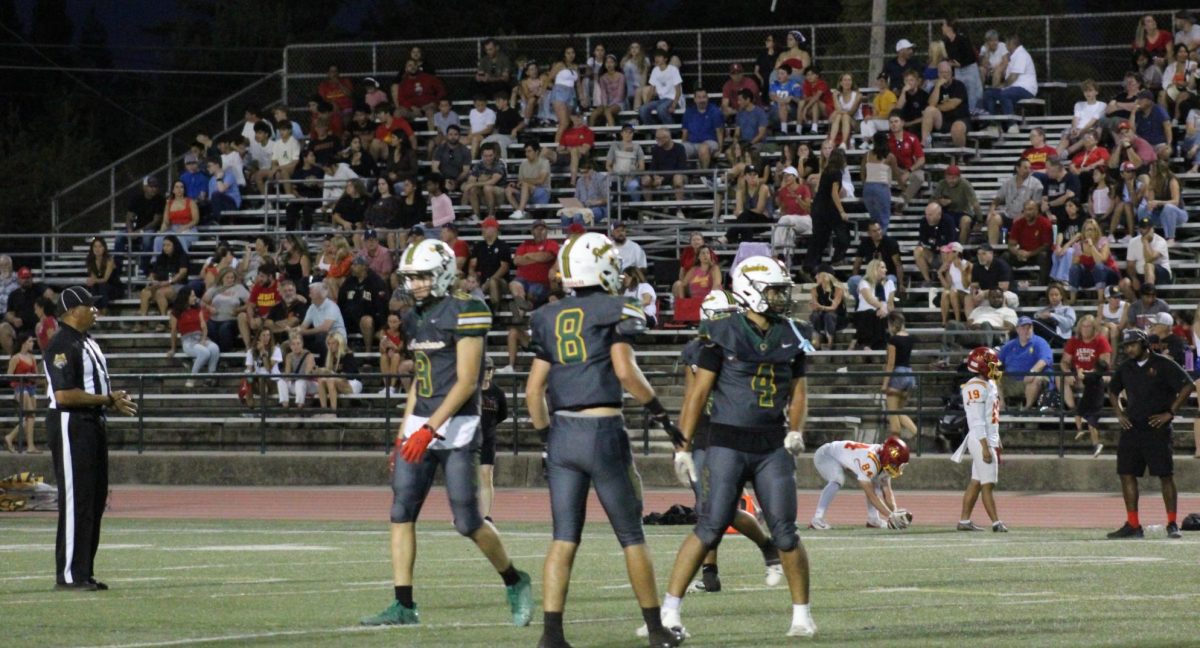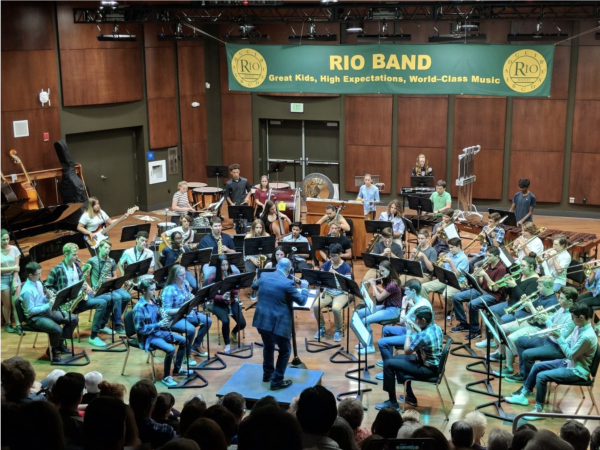Governor Gavin Newsom Signs Bill Pushing Back Later School Start Times
Students will soon be able to hit the snooze button on their alarm clocks after Governor Newsom signed a bill pushing back school start times for middle and high school students. The bill, which goes into effect starting in 2022 or immediately following the end of a district’s collective bargaining agreement with the state, requires that middle schools in California begin no earlier than 8:00 A.M. and high schools no earlier than 8:30 A.M.
The bill’s author, Sen. Anthony Portantino, D-La Cañada Flintridge, says there is “indisputable” evidence regarding more sleep for teenagers.
“This is a public health bill that has a positive academic outcome,” Portantino said. “The overwhelming benefit to the health and welfare of children demands that we make those changes.” According to the 2018-2019 California Healthy Kids Survey, 78 percent of 11th graders and 64 percent of 9th graders in San Juan Unified get less than the minimum recommended eight hours of sleep for teens.
The CDC notes that later school start times are proven to “improve attendance, decrease behavioral problems which may lead to drug use, decrease teen depression and suicidal thoughts, and decrease mortality rates from drowsy-driving teen car crashes.”
Many people have worked continuously on getting this bill passed, including Anne Del Core, who led the Sacramento chapter of Start Schools Later. The organization, which has six chapters in California, consists of both teenagers and adults who support the benefits of later school start times.
“This bill will help teenagers be smarter, happier, healthier, and more successful,” said Del Core. “With California taking a lead on this movement, it has elevated the conversation around the country about the importance of sleep for better health and brain development for teens.”
The freshman class, which will most likely be the first class to be affected by the bill, has expressed their first thoughts in the bill.
“Although it seems like a good idea at first, I don’t support starting school later because it will push back my extracurriculars and homework,” said freshman Esti Shapiro. “In reality, students won’t even get much more sleep because they will just go to bed later.”
There are freshmen who are optimistic about starting school later as well.
“Pushing back school start times would give students more time to sleep, which would result in better responsiveness in class,” said freshman Colin Kukas.
Although the bill has proven to have many benefits for teens, implementing the bill on a district level may be challenging, especially for districts who represent a diverse body. The California School Boards Association made note of this and expressed their concerns with the bill.
“The bill will disproportionately affect low income families and prevent many students from working after school or from caring for their siblings,” said spokesman Troy Flint. “It could increase the need for childcare for families already having income issues.”
Along with this, politicians worry about the unknown costs of the bill’s implementation at a statewide level.
Assemblyman Al Muratsuchi, D-Torrance, said, “I feel really conflicted about this bill. If we adopt this bill, it’s going to impose the before-school, childcare expenses. It’s going to impose the busing expenses on already struggling school districts. We should leave it to local control.”
Sen. Portantino has defended his bill, saying that the majority of the bill’s criticism comes from adults who aren’t affected by later school start times.
“Productivity goes up, because suspensions go down. Disruptive behavior goes down, tardies go down, violent behavior goes down,” Portantino said. “What it comes down to is a reluctance for adults to change.”
School boards across the state are left to make many decisions regarding the bill. San Juan Unified School District is yet to announce what year they will implement the bill, however a decision must be made prior to the 2022 school year.





























